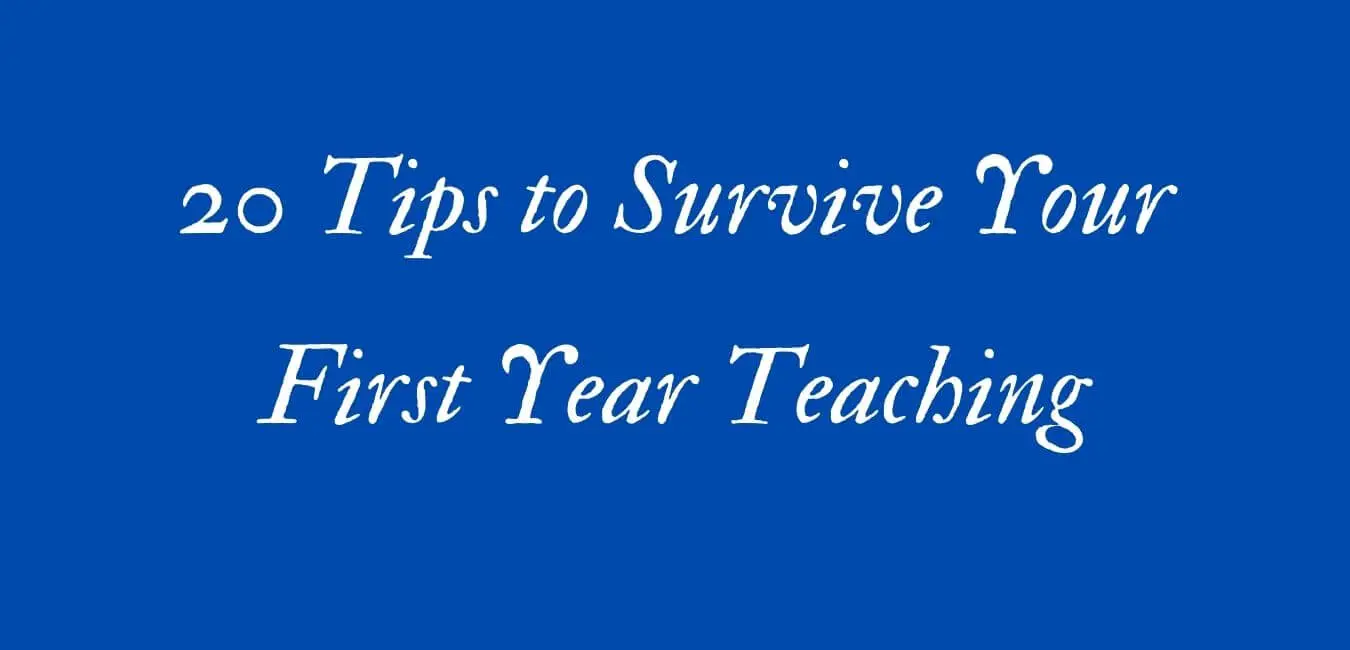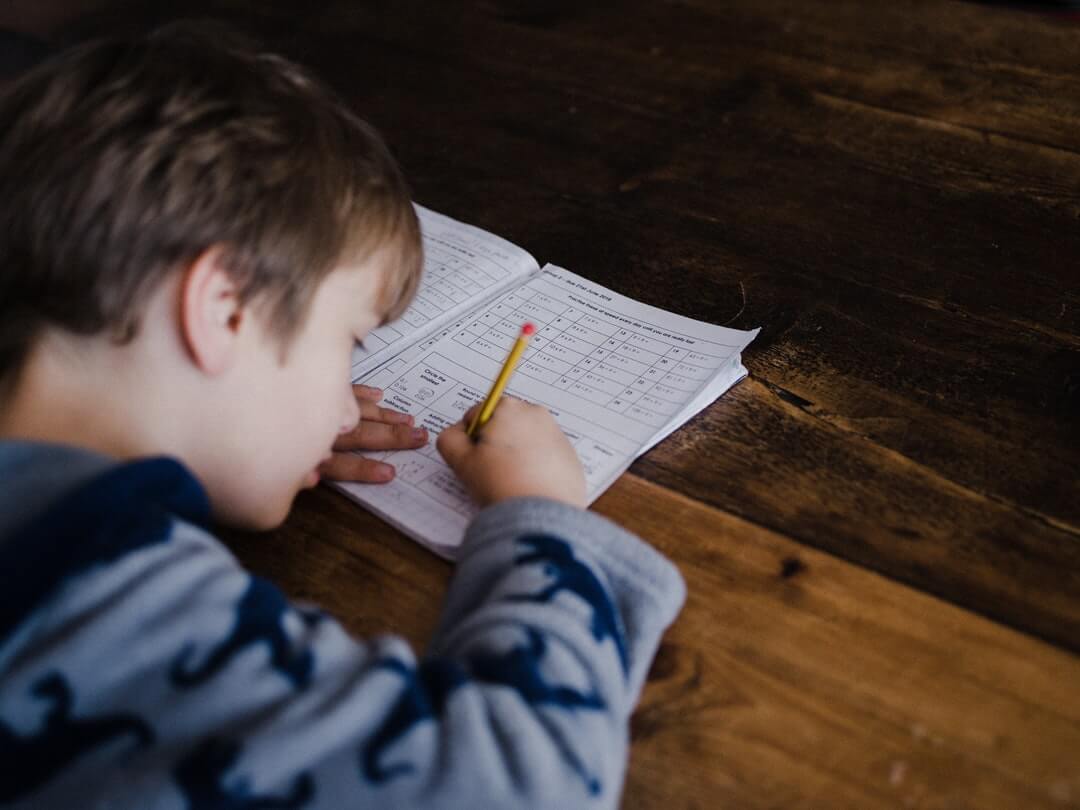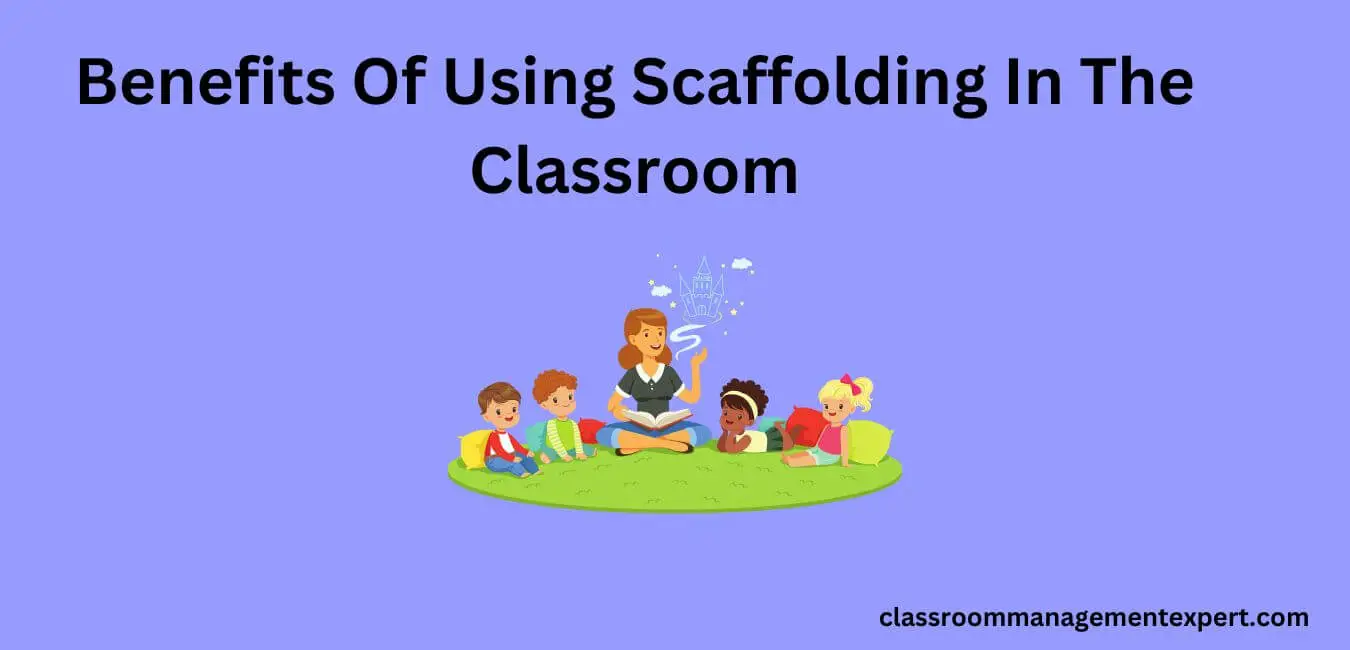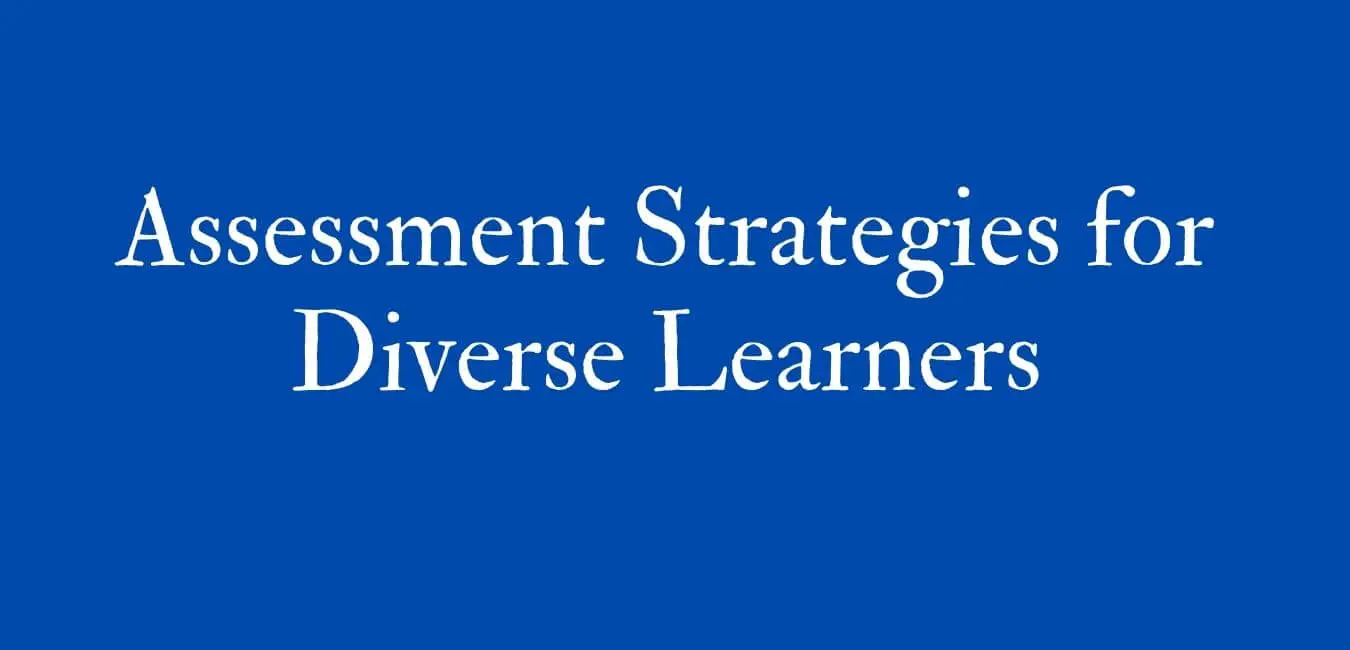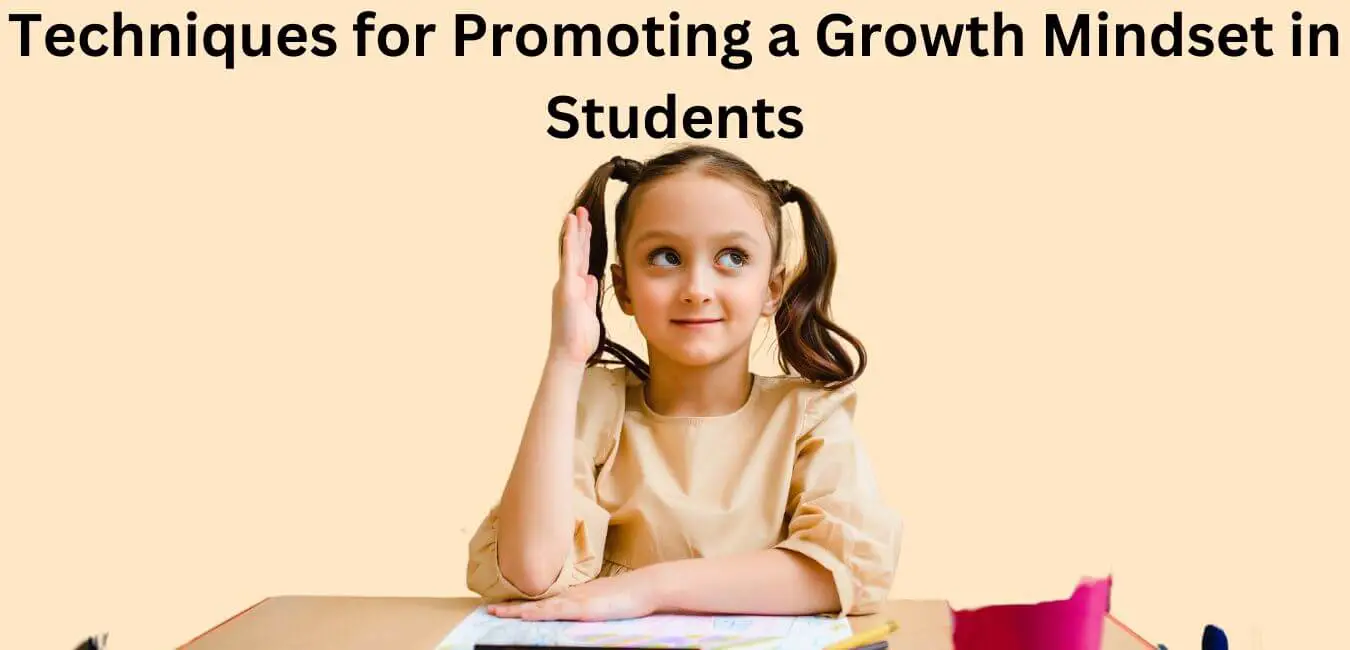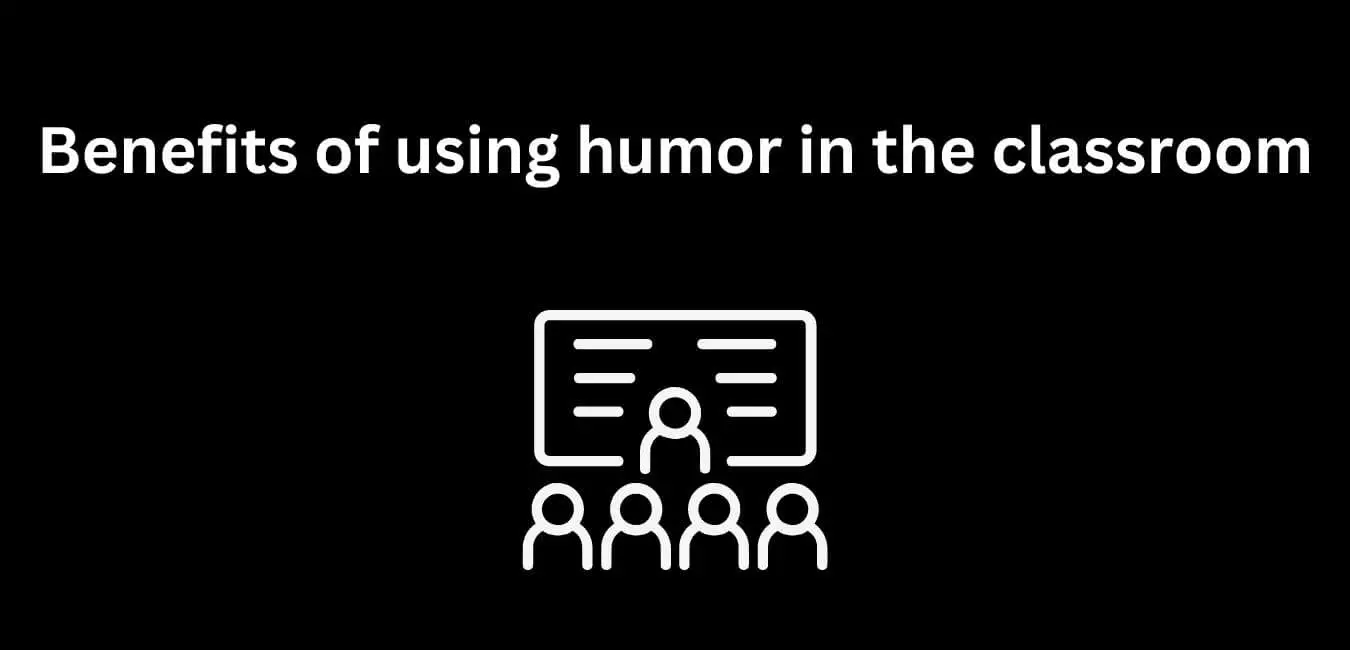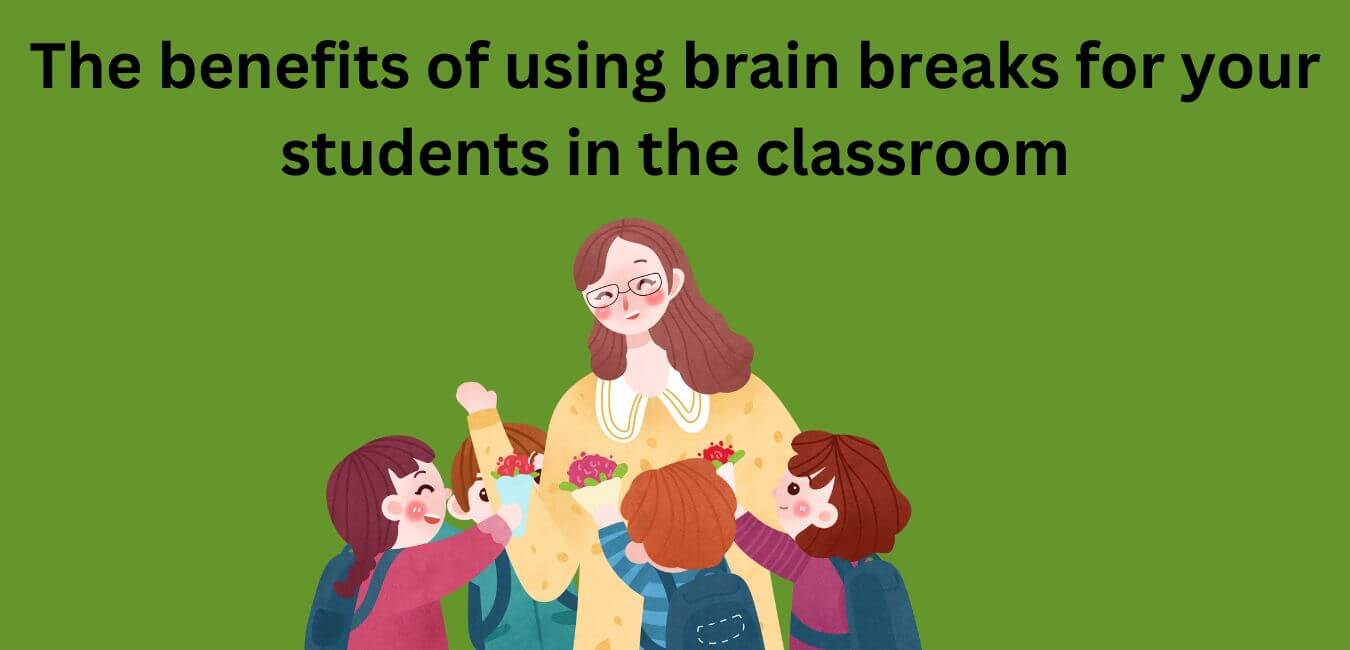Finishing your first year in your teaching career can be extremely frustrating for you. Your inexperience coupled with your workload can be overwhelmingly stressful for you.
As a new teacher, you may even consider changing your career due to the pressure that comes with teaching. I have experienced that in my first year of teaching. I know a couple of friends who considered that decision and even succeeded in switching his career.
Why am I telling you all that? I just want you to know that you are not the only one going through the stress in teaching. I believe you can do it if others like me have done it.
In this post, I want to share with you some of the techniques that have helped me to survive my first-year teaching and continued to be a teacher to date. So, stay around, and let’s look at them in detail in the next section.
Some Key Strategies to Help You Survive Your First Year Teaching
There are numerous tips to help you survive your first year of teaching. The following strategies are the key ones I found to be useful, and I think they will equally be helpful to you too. They are:
1. Don’t Take Things Personal
One of the most important issues that can frustrate you is when you take things personally in your school or classroom.
I took certain happenings and events in my first year and that frustrated me to an extent that some of my colleagues thought I was always sick.
For example, I was always worried about students’ welfare. There were certain things I thought I was the only person facing.
Now, I regret what I put myself through by taking things personally.
You will succeed with some students especially, but you will fail with others. Don’t take anything personally. Just don’t give up and continue trying.
2. Create Classroom Rules
Classroom rules are probably one of the best methods you can use to survive in your classroom.
Else, there will be chaos and you can’t seem to work do or achieve anything with your students.
Just imagine a society without any formal regulations to govern its day-to-day functioning of it.
It will be like a jungle where nothing works and only the strongest survive.
The same will happen if you have no rules in your classroom. Classroom rules help you manage the behavior of everyone in the class.
When making rules, involve your students in the process. This will promote responsibility and accountability for the rules. This makes them effective.
3. Procedures and Routines
Just like the classroom rules, classroom procedures and routines are great tools to help you manage students’ behavior.
The procedures of your classroom explain the way things happen in the classroom. That is, how do you and your students do day-to-day activities?
In a working classroom, there are stipulated ways of doing things and everyone is aware of that.
You must also have routines that you do every day that helps you to do your job well.
You must create procedures and routines that reflect the norms and values of the classroom community.
4. Be Ready to Learn
The quality of being ready to learn is important in every teacher’s toolbox.
As a new teacher, you don’t have so much experience in dealing with students.
You may also not have much experience in handling pressure and work overload. Due to that you become stressed.
Remember, everyone starts somewhere, mostly with difficulties like yours. Also, you may make mistakes but don’t let them define you.
What matters is you should be ready to learn from your difficulties and mistakes and come back with enormous strength to see through the school academic year.
Don’t stop learning from your job, it is the best of surviving in today’s dynamic world of work.
5. Collaborate with Your Colleagues
Teaching, they say can be difficult and difficult. But it depends on how you handle it.
When you are new, you may be shy to collaborate with your colleagues. You might see that as a weakness.
However, that should not be the case. Collaboration is an important part of every workplace activity.
You can’t do everything on your own. You might not have the necessary experience to deal with every event, activity, and issue in your classroom or job.
With that, you need to partner with others to help you perform some aspects of your job. That is extremely important.
As you collaborate you learn a lot and also create a network with others to share ideas and help one another.
In times of stress and anxiety, the network you created through collaboration is useful in helping you overcome them. That is what everyone needs to survive the pressures from work.
So, make good use of collaboration to help you survive the school year. I have been enjoying from to get myself back when I have issues at work.
6. Plan, Plan, and Plan
You might be wondering why I am stressing planning here. It is because of how important it is in every teacher’s life.
You may be thinking that the level of planning on your part will not help you every time in the teaching world. Yes, you are right, and I agree with you.
To me, 90% of the time it is going to save your life.
You must plan your life and time well. Most often you are going to carry some work home to do.
You must find a spot in your time to deal with it. That is part of the ways every teacher uses to survive his or her academic year.
Also, you have to plan your lessons effectively. Lesson planning is critical in delivering effective and engaging lessons.
So, you must take it seriously if you don’t want to be fed up with your classroom and students.
7. Build Relationships with Your Students
Building relationships with your students count a lot if you want to have a great academic year as a teacher.
Due to that, I recommend you make efforts to develop a positive and healthy relationship with them.
Doing that helps you create a community that thrives on the positive behavior of everyone in the classroom.
Remember, you will spend most of your time in the classroom. Therefore, a classroom environment that is healthy, productive, and peaceful is what you should be targeting.
However, if you have a toxic relationship with your students, you will likely give up before the school year ends or stay and suffer.
You command the respect of your students if you have a positive relationship with them.
With that, they respond positively to whatever you ask them to do and even feel disturbed to misbehave.
Therefore, you must create a strong and healthy relationship with your students if you want to survive your first year of teaching.
8. Collaborate Well with Parents
Parents must be your partners in educating their wards. Therefore, you must collaborate with them to achieve.
Don’t worry so much about some of the troubles some of them will give you. But address their concerns if necessary.
Work with them to make sure your students get the best education as possible. For example, work with them to make sure students do their homework and do them correctly.
Also, partner with them to find solutions to behavior problems among students. This is especially important if students suffer from behavior disorders such as ADHD and others.
Just feel free to work with them to find solutions to the problems of students.
9. Learn to Care about Your Students
People care about you when you care about them. The same applies to your students.
You need to care about them and their welfare before they can reciprocate it.
Let them know that you care about them. If you are wondering why that’s important, my dear, you must know that it helps motivate them to listen and engage in your classroom.
It allows them to also care about your welfare. For example, one time in class, I overheard a conversation among my students.
They said, “Mr. Alhassan has been good to us always, we should not misbehave during his lessons. He listens to us, and we always have fun in his lessons.”
10. Get Students to Help You
You are not there to impart only the content to your students. Your job as a teacher is to make sure your students get a full education. That means they should learn life lessons such as responsibility, accountability, respect, hardworking, honesty, and many others.
There are so many things to do in the classroom. You have got to delegate some of the classroom activities to the students to perform.
They will enjoy it. But don’t leave everything to them, they are just learning to be responsible by helping you.
Every great teacher does not do everything in his or her class. The students willingly help them in accomplishing some of their duties.
You can use it as a way of getting students to participate or behave well in the classroom. For example, the most well-behaved students can become your assistant for some period.
I have always seen my students competing to be assistants to me. So, take advantage of that and let them help you survive your first year of teaching.
11. Be Mindful School’s Regulations
It’s that time of year again. You put in your application, interviewed, and were offered your dream job as a teacher.
You couldn’t be more excited to enter the classroom and engage with students on a daily basis. But before you can start teaching, you need to know school regulations.
Unfortunately, many teachers only learn the regulations after they have broken them. So, make sure you are aware of all the rules when it comes to student discipline, dress code, etc., so you don’t get into trouble yourself or cause problems for other teachers.
12. Develop a Classroom Management Plan
Teachers often find themselves overwhelmed by their first day back at work. It is important to develop a plan ahead of time to help manage this transition. This includes things like: how will I handle my class if there’s an emergency? How do I keep track of assignments? What should I be doing to prepare myself mentally and physically for the next week?
These questions can easily become overwhelming during your first few days back on campus. However, with some planning, these issues can be resolved before they arise. For example, you may want to create a checklist that helps you remember what needs to happen each morning (e.g. “I need to check email”).
If you are having trouble getting started after returning from vacation or taking a break, it might be helpful to take advantage of any free time available to you.
13. Create a Behavioral Contract with Your Students
Developing a behavioral contract with your students is one way to ensure that the expectations are clear. A behavioral contract is an agreement between the teacher and student that establishes what is expected of the student in terms of behavior in the classroom.
You must stop thinking about what they want from their students and start asking them what they would like, so it’s really important for you to ask yourself these questions: What do I want my classroom to feel like?
A behavioral contract is a list of promises children make to their teachers and parents about how they will behave. This is helpful because it gives students concrete examples of appropriate behavior, which sets them up for success.
The contract should include some basic instructions, some consequences for inappropriate behavior, and the benefits of following the instructions. This is also a good way to show children that you care about them and want them to succeed.
14. Understand Your Students and Their Needs
Students are not just numbers. They are people with different backgrounds, abilities, interests, and personalities. It is important for you to understand their students more to work with them on what they need to do well.
You should always ask yourself how you can help meet your student’s needs. A few ways to do this are having fun activities, helping students learn the material, recognizing strengths, keeping students focused on their goals, and acknowledging things that are hard for them.
15. Find a Balance Between Having Fun and Lessons
It may be difficult to balance having fun and teaching lessons when you first start. There are some ways to survive the process and not get too stressed out. Find a hobby outside of work that you can do to take your mind off of work. This way, when you come home and have time to relax, it will feel like a vacation and not just a break from school.
When it comes to lesson planning, don’t over-schedule yourself. You need to make sure that you still have enough free time to enjoy life as well.
Also, you may find it helpful to make your lessons fun for everyone. This can help you get your students to participate effectively during lessons.
16. Find Time to Go Out
This session discusses the importance of making time to go out with friends and family outside of work, as well as ways to survive your first-year teaching. Surviving your first year of teaching is made easier by scheduling time for yourself to reconnect with friends and family away from school. You can also survive your first year on the job by taking care of yourself by eating healthy foods, getting enough sleep, exercising regularly, and maintaining a personal life outside of school.
You should take care of yourself before taking care of others because if you don’t have the energy or motivation to do so, then how will you be able to help those around you?
17. Never Give Up
Teaching is an extremely rewarding profession; however, it takes dedication and hard work to succeed. If you find yourself struggling with any aspect of being a teacher, don’t give up on your dream just yet. There will always be another day to try again.
18. Find Mentors for Yourself
It is tough getting your feet wet in the world of teaching. Understanding how to create assessments, differentiate for learning styles, and prepare for the upcoming day all seem like insurmountable tasks for a new teacher. One thing I learned early on was to surround myself with people who have been there before me. They were my mentors. These individuals helped guide me through some very difficult times, as well as gave me advice when it came time to make decisions about my career path.
It’s important to find someone who has experience working at your school or district, so they can give you feedback on what works best for them. You may also want to consider joining an online community where teachers from all over the country share ideas and resources.
19. Avoid Power Struggle
In a profession where the majority of students are inexperienced learners, it is easy for instructors to fall into the trap of power struggles. With this in mind, it is necessary to know specific tactics that can be applied to maintain healthy relationships with your students.
To avoid power struggles, instructors should strive to remain humble and treat their students as equals. It is also important to foster a learning environment that feels safe and welcoming for all parties involved. This will help prevent any potential conflicts from arising.
20. Be Flexible When Teaching Different Types of Learners
As an instructor, you may find yourself teaching different types of learners at various times throughout the semester. For example, some classes are more challenging than others due to the nature of the course material or because they require extra time outside class hours to complete assignments.
Other courses have fewer requirements but still, take up valuable classroom time. To be successful as an educator, it is important to understand how each type of learner learns best so that you can adapt your instruction accordingly. This will help ensure that all students receive a quality education and learn from their experiences in college.
For more of our articles, check here.
Final Thoughts
In conclusion, your first-year teaching can be a frightening and exciting time. Be prepared and remember that you’re not alone in this!
– Set your expectations realistically to avoid feeling overwhelmed.
– Get organized and start by reading the teacher’s guide.
– Reach out for help before it becomes overwhelming.
– Remember that you are not alone in this new territory; get together with other teachers to learn from their experience and support each other.

